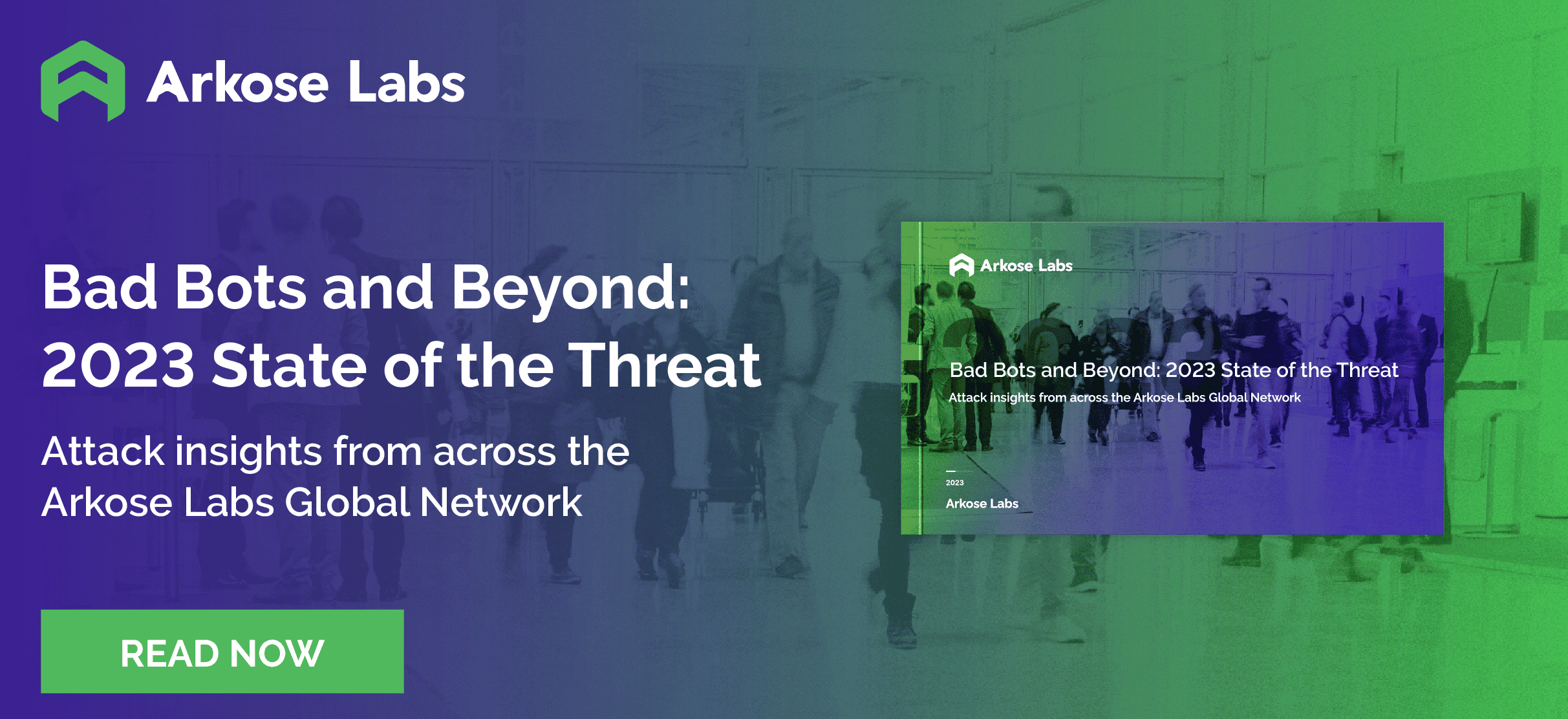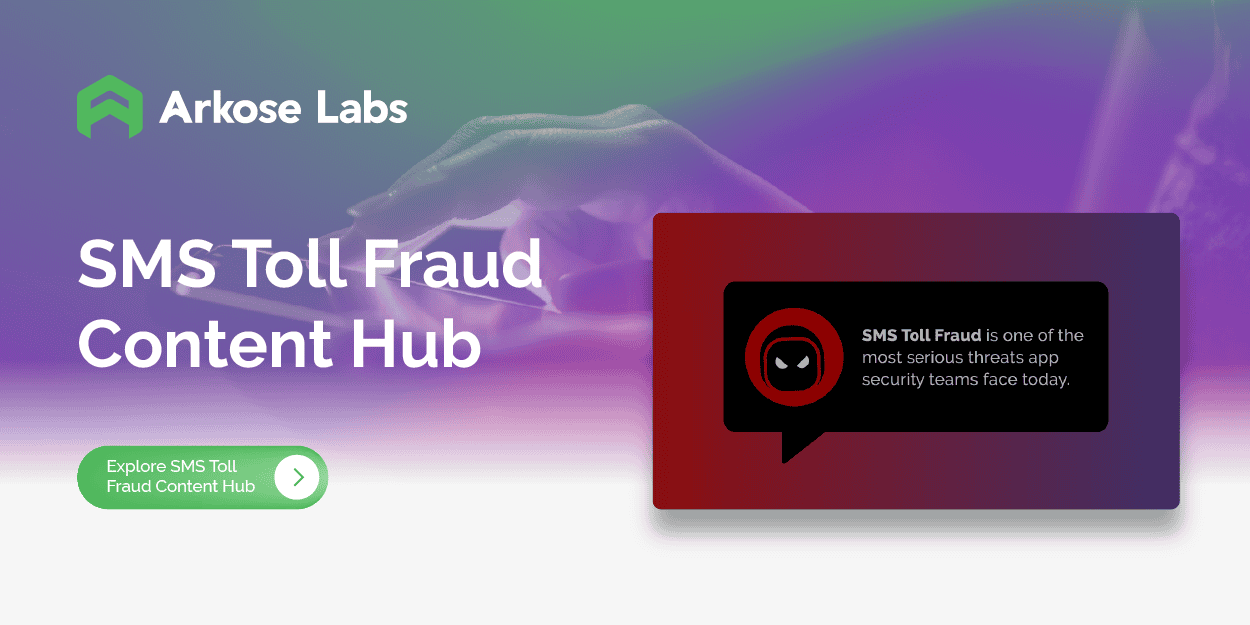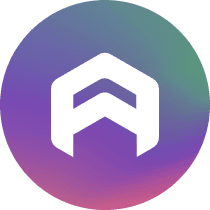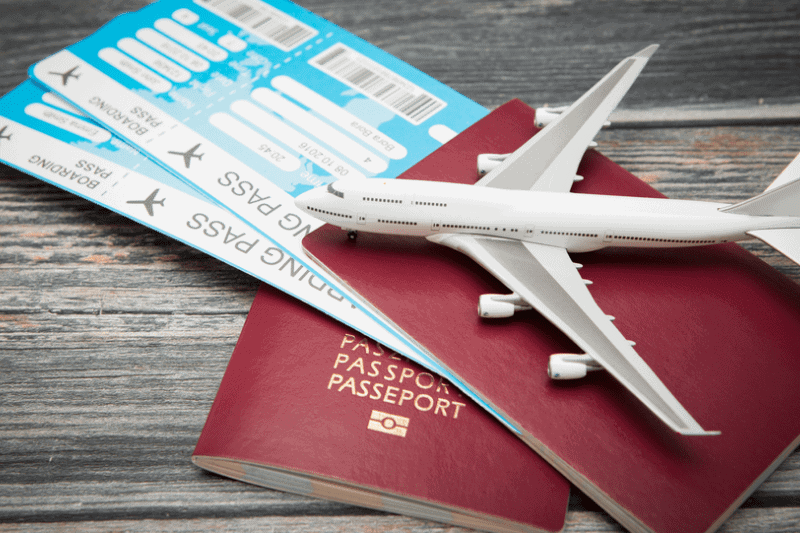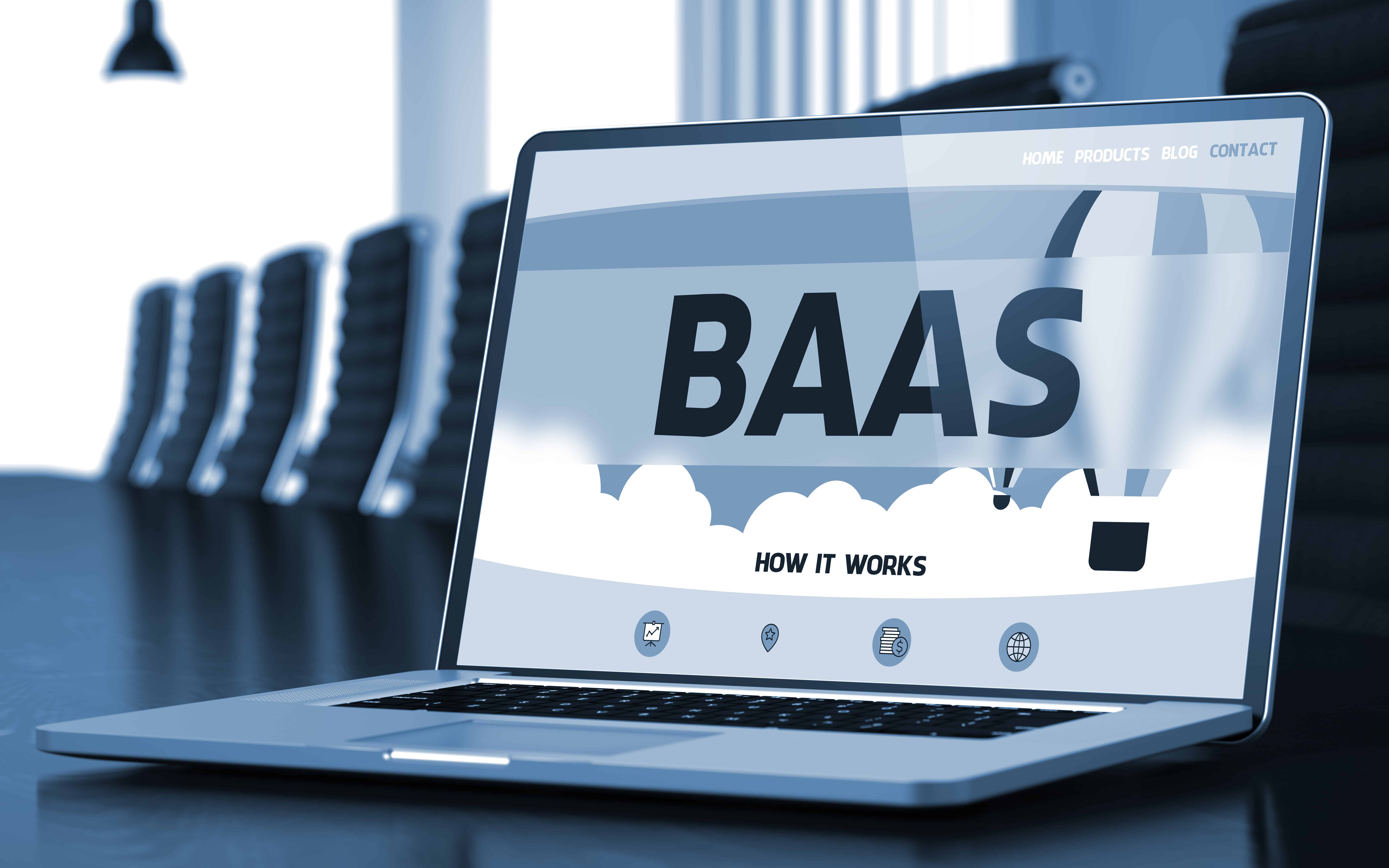In an era where travelers seek the best deals and rewards for their loyalty, the cyberattack known as scraping has become a contentious issue for airlines. Scraping is the automated process of extracting data from websites, often carried out by web developers and data enthusiasts to gather information for various purposes. Recently, airlines have been locking horns with websites that scrape their data for award seat availability. This practice has raised concerns within the airline industry, leading to legal actions and debates about the implications of scraping attacks on airline business.
Airlines are actively enhancing their website security to combat scraping attacks, with a focus on safeguarding their digital assets, protecting customer data, and improving the user experience. The challenge posed by scraping is undeniably real, and airlines are grappling with its implications on their business operations.
Web scraping in the airline industry
The rise of web scraping has had a profound impact on businesses across various industries, including airlines. This technology has become increasingly prevalent due to its potential to provide valuable insights and competitive advantages. However, it has also raised ethical and legal concerns, particularly when used without permission or in ways that infringe on privacy rights.
In the context of airlines, web scraping has become a crucial tool for market analysis and competitive intelligence. Airlines can use scraping to monitor their competitors' pricing strategies, track changes in ticket prices, and gather information on seat availability. This data enables them to make informed decisions about pricing, route planning, and marketing strategies. It also helps airlines adjust their pricing in real-time to optimize revenue, especially in highly competitive markets.
However, web scraping in the airline industry is a double-edged sword. Airlines are not only using it to gain insights but are also subject to scraping by third-party aggregators and online travel agencies. These entities scrape airline websites to collect fare and scheduling data, which they then use to provide price comparisons and booking services to consumers. While this can enhance consumer choice, it can also lead to revenue leakage for airlines, as they may lose control over pricing and distribution.
Impact of scraping on airline sector
Scraping attacks have significant business impacts on airlines. The primary concern is the potential loss of revenue opportunities. When scraping bots manipulate pricing data and ticket availability, frustrated customers may opt for competitors, resulting in a direct loss of revenue and an increased churn rate. The poor user experience stemming from bots reserving tickets for extended periods can further drive customers away, eroding the airline's market share. This combination of lost opportunities and diminished customer satisfaction poses a critical threat to the airline's bottom line.
In addition to lost revenue, airlines grapple with a high resource drain due to scraping attacks. Detecting and countering these scraping attempts often necessitates manual log analysis, diverting resources away from other vital business priorities. Moreover, persistent attackers continuously adapt their tactics, demanding additional resources to stay ahead of these evolving threats. The ongoing need to allocate valuable resources to combat scraping not only poses a financial burden but also diverts attention from strategic endeavors that could drive growth and innovation within the airline industry.
The controversial rise of award seat scraping
Award seats, which allow frequent flyers to redeem their miles or points for free flights, are a highly sought-after commodity in the travel industry. Airlines allocate a limited number of these seats on each flight, making them valuable rewards for their loyal customers. To find award seats, travelers turn to online tools and websites that aggregate and display this information, helping them plan their trips and maximize the value of their rewards.
However, the rise of websites that scrape award seat availability has stirred controversy within the airline industry. These websites scrape data from airlines' booking systems, enabling users to quickly search for and secure award seats on flights. While this might seem like a win-win for travelers and airlines, airlines argue that scraping can disrupt their booking systems and lead to unfair advantages for travelers. Some concerns raised by airlines include:
- System Overload: Scraping can create a significant load on airlines' reservation systems, potentially affecting their regular customers' ability to book flights.
- Unfair Advantage: Those who use scraping tools may gain an unfair advantage over other travelers in securing award seats, potentially causing frustration among loyal customers.
- Negative User Experience: Scraping can negatively affect the user experience of airlines by causing website performance issues, discrepancies in pricing and availability, security concerns, and content theft.
Airlines fight back against scraping
The use of web scraping in the airline industry has raised legal and ethical issues. Airlines have taken legal action against bad actors, arguing that scraping can lead to site overload, disrupt services, and infringe on copyright and terms of service agreements. In response, there have been legal battles and discussions around the rights of website owners versus the benefits of data accessibility.
This clash between scraping websites and airlines has, in some cases, led to legal action. Airlines argue that scraping violates their terms of service and can constitute unauthorized access to their systems. As a result, they have sought legal remedies to curtail scraping activities. On the other side of the debate, scraping proponents argue that publicly accessible information on airline websites should be available for anyone to use. They claim that scraping benefits travelers by making award seat information more accessible and transparent.
To defend against this threat, airlines have been diligently implementing a range of measures to safeguard their digital assets and ensure seamless operations:
- Advanced Bot Detection and Mitigation Solutions: Airlines are investing in cutting-edge bot detection and mitigation solutions. These systems are designed to identify and block scraping attempts in real-time, ensuring that genuine customers have uninterrupted access to flight information, ticket booking, and other essential services. By actively countering scraping bots, airlines are taking a proactive stance in protecting their online assets.
- Continuous Monitoring for Scraping Activity: To stay ahead of the scraping threat, airlines are employing constant monitoring of their digital infrastructure. This allows them to detect signs of scraping activity promptly and take necessary countermeasures. By actively tracking and addressing scraping incidents, airlines are reducing the impact on their customers' experiences and their bottom lines.
- Legal Framework Strengthening: In response to the rising instances of scraping, the airline industry is working to strengthen legal frameworks that protect their digital assets and customer data. Legal actions and debates about the implications of scraping attacks on airline businesses have highlighted the industry's commitment to safeguarding their interests. Airlines are sending a clear message that scraping practices will not be tolerated.
- User Experience Enhancement: By defending against scraping, airlines aim to not only protect their business interests but also ensure a better user experience for their legitimate customers. Timely detection and mitigation of scraping activity contribute to smoother, more reliable online services, ultimately benefiting the passengers who rely on these websites for travel-related information and bookings.
Success metrics against airline scraping attacks
Key success metrics that airlines use to gauge their efforts in combating scraping and ensuring a more secure and user-friendly online environment include:
- Improved Detection Efficacy of Malicious Sessions: An essential success metric involves the accurate assessment and detection of risky traffic. Airlines are assessing the effectiveness of solutions in flagging traffic as malicious, especially compared to manual analysis. This comparison provides insight into the efficiency and accuracy of automated systems in identifying and thwarting scraping attempts. Success here means minimizing false positives and false negatives in detecting malicious sessions.
- Matching Current Detection Capabilities: Airlines aim to ensure that new solutions reasonably match their existing capabilities in detecting bot traffic. This metric evaluates how well the new system aligns with the airline's current detection mechanisms, providing a baseline for comparison and assessing the impact of the new technology.
- Accurate Detection of Inventory Hoarding: A vital aspect of safeguarding airlines' digital assets involves detecting sessions that engage in downstream fraud, particularly inventory hoarding. Success is measured by the ability of solutions to accurately identify and combat this harmful behavior. To validate this, airlines provide session data at preset intervals, allowing for the comparison of system-generated data against real-world scenarios to measure its effectiveness.
- Higher Good User Throughput: The success of safeguarding against scraping attacks shows in the business’ ability to allow legitimate users to navigate the booking workflow—easily, seamlessly. Success in this metric implies that the anti-scraping measures in place do not hinder or inconvenience genuine customers but rather create a smoother and more user-friendly experience.
These metrics play a pivotal role in assessing the effectiveness of advanced solutions and ultimately determine the success of airlines in combating the ever-persistent threat of scraping attacks.
Evolving challenges in scraping
The clash between airlines and websites that scrape award seats highlights the evolving challenges and ethical considerations surrounding data access and usage. While scraping can offer valuable benefits to travelers, it also has the potential to disrupt airline operations and create inequalities among travelers.
As the debate continues, it is essential for all parties involved to engage in constructive dialogue to find solutions that balance the interests of airlines, travelers, and the broader online community. Only through collaboration and innovation can the airline industry navigate the complex landscape of scraping and emerge with a fair and equitable solution for all.
Arkose Labs prevents data scraping
Arkose Labs provides businesses with a multi-layered defense against data and website scraping by using a combination of machine learning and human challenge-response technology. This enables the system to detect and stop automated tools, as well as manual efforts. It does this by analyzing the user's behavior and profile to determine if they are a legitimate user or a potential threat.
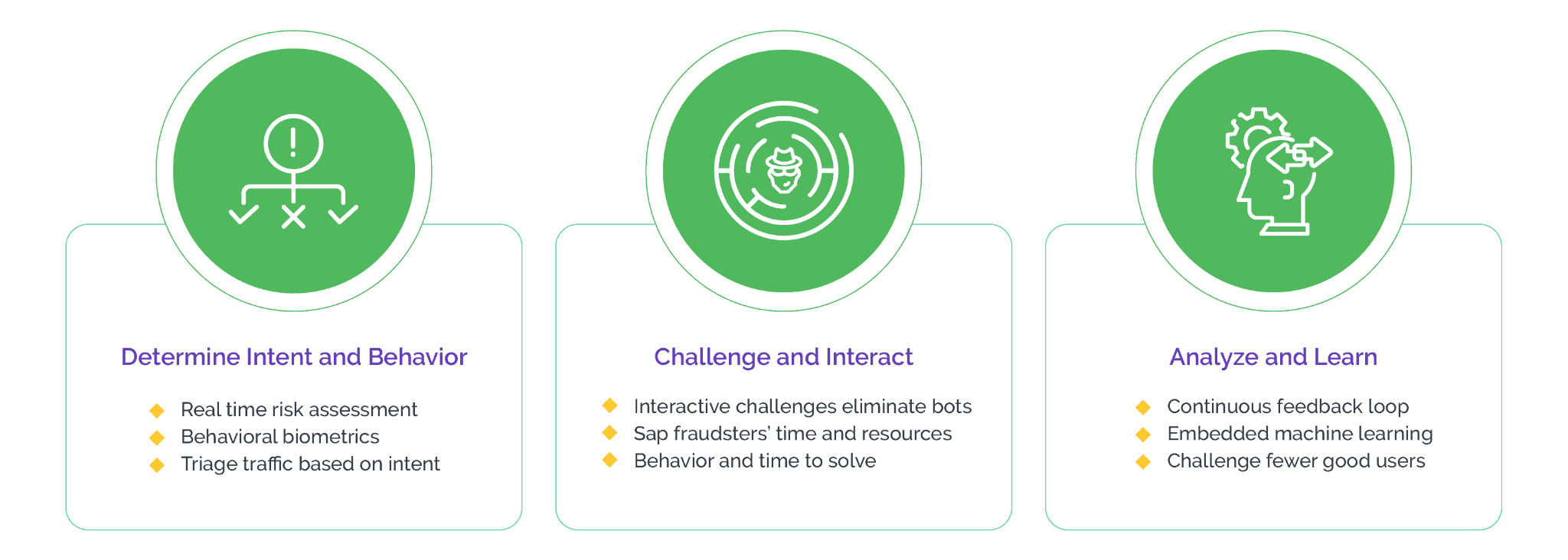
If a threat is detected, the system triggers the challenge-response process of Arkose MatchKey, which requires the user to answer a series of questions or solve a set of puzzles in order to gain access. This deterministic approach ensures that only legitimate users are able to access the business's data or website.
In fact, Arkose MatchKey is the strongest CAPTCHA in the industry. Bots, which can bypass traditional CAPTCHAs, cannot clear these challenges at scale as the 3D challenges are generated in real-time and are designed to counter the newest bot technology, making them resistant to automated solvers.
Arkose Labs' approach of eliminating the need to capture personally identifiable information except for the IP address not only alleviates privacy concerns, but also helps businesses maintain the trust of their customers. Additionally, clients of Arkose Labs benefit from ongoing managed services and actionable insights to stay ahead of the developments in bot technology and adapt to evolving threats.
To learn more about the Arkose Labs approach to web scraping, contact us anytime to contact us to learn more.


